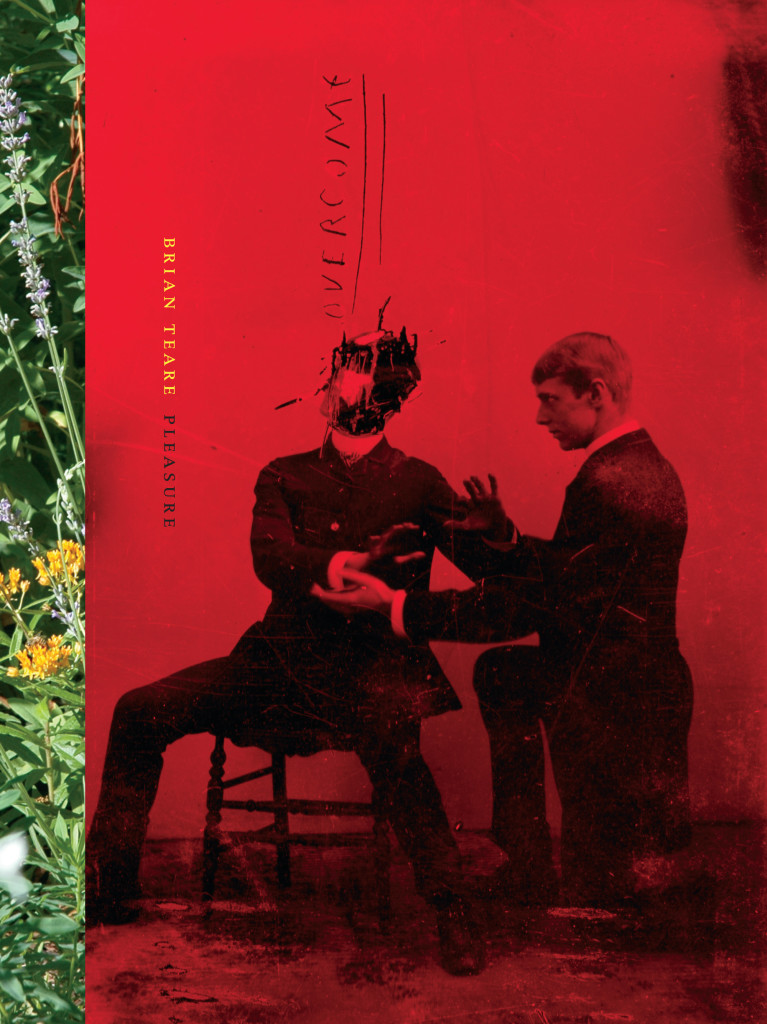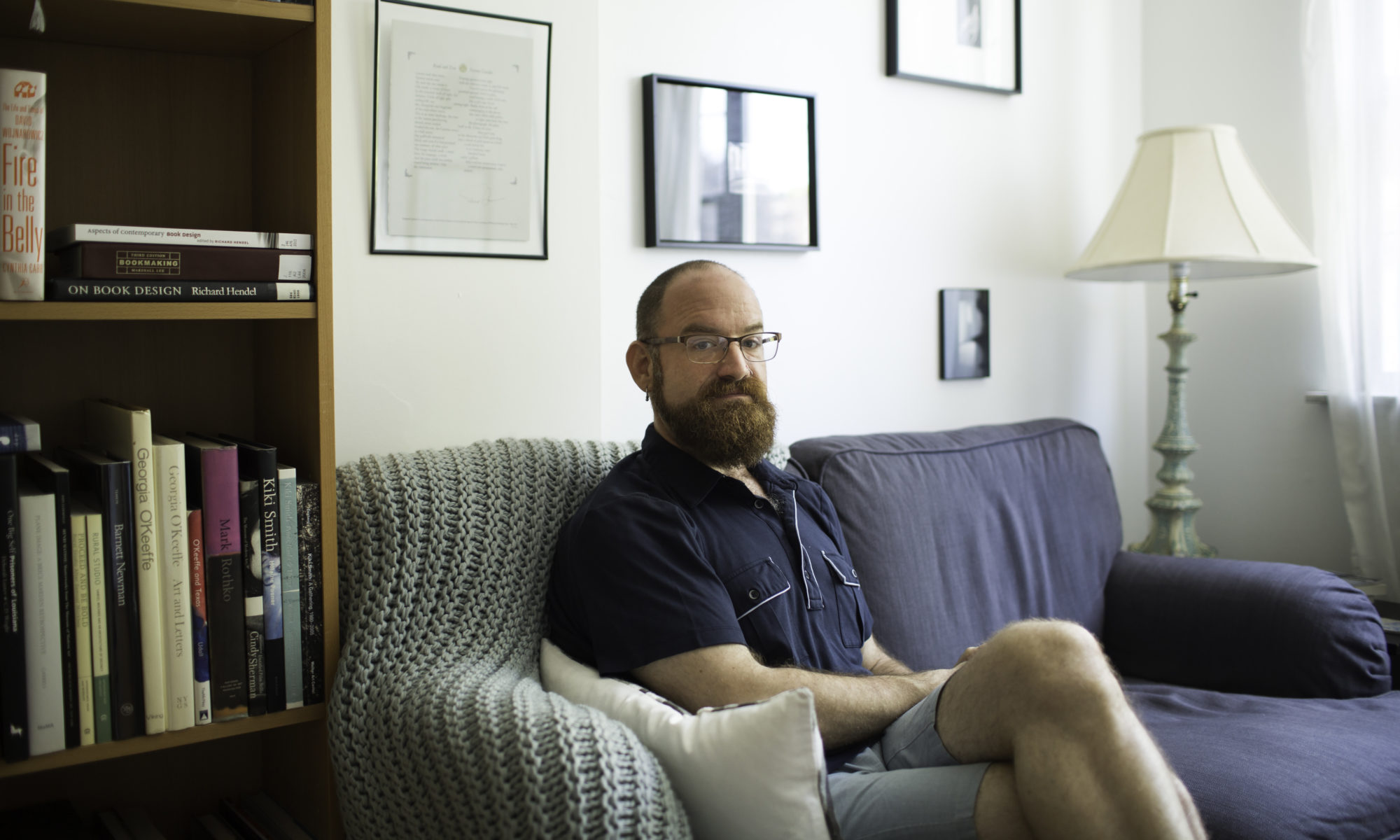
2011 Lambda Literary Award Winner
2011 Northern California Book Award Finalist
2011 PEN/West Award Finalist
2010 National Book Critics Circle Small Press Highlight
2010 Best Poetry Book, San Francisco Chronicle
“Brian Teare is a master poet. He can ‘write rain into the picture’ and make the written word seem real. But here, in Pleasure, he refuses to do so. He resists the way the lyric attempts to lull us or protect us from pain. In these poems language fails. The form, the poem, paper, the lyric – even pain fails. And in this failure, I am moved beyond words, through words, and brought back to pleasure, to freedom, to the perfect weather of true grief, to the spectacular disaster that is life. I have not read a book like this for a long time. It is painfully good.” — Rachel Zucker
“The painful rip of the body away from a state of erotic joy to one of stunned aloneness is here explored in a garden of strange and thorny flowers, a garden in which the poet is tempted by the Gnostic vision of reality, because it is so cruelly true to his experience.” — Fanny Howe
“Brian Teare’s Pleasure takes upon itself the important work of remembering that Adam is for us still the erotic source from which words work their awful magic—a magic that can return to life a lover slowly dying, a lover lost to death, the page as the impossible paradise of continued life. The syllable’s moment is a quick life and a carnal knowledge. But Teare sings a song that being sung comes to know itself, a knowledge that casts it out of itself, that understands that in the very midst of its audacious life lurks a darker compensation, the thought of death nearing, and death that nears. I know of no other poet right now returning his readers with such fervent beauty and stark intelligence into the very difficulty of the words in which he writes—these elegiac words that reverse death as a final consequence to life that are themselves mortal. Desolation strikes an abandoned note inside devotion, but does not cancel out the whole. The whole music is an old music, a music Brian Teare still hears, still says is our music, as Eden is but a figure of the day, and these oldest myths are but our daily life when that life by the poet—in difficulty and grace—becomes for us once again naked and exposed.” — Dan Beachy-Quick
